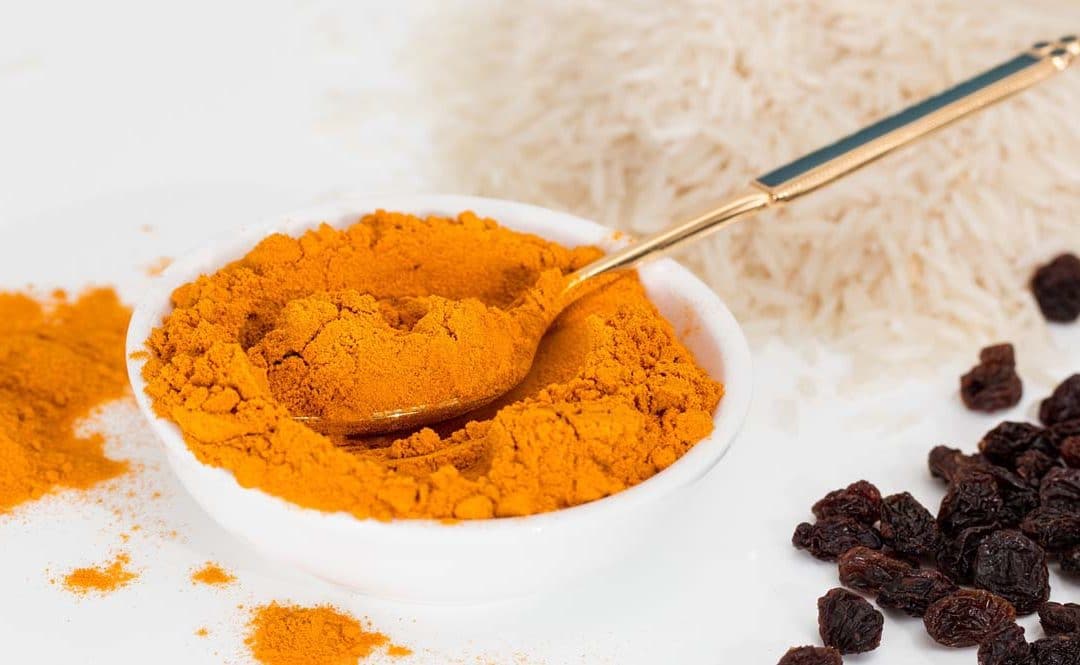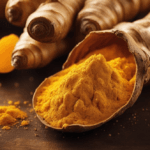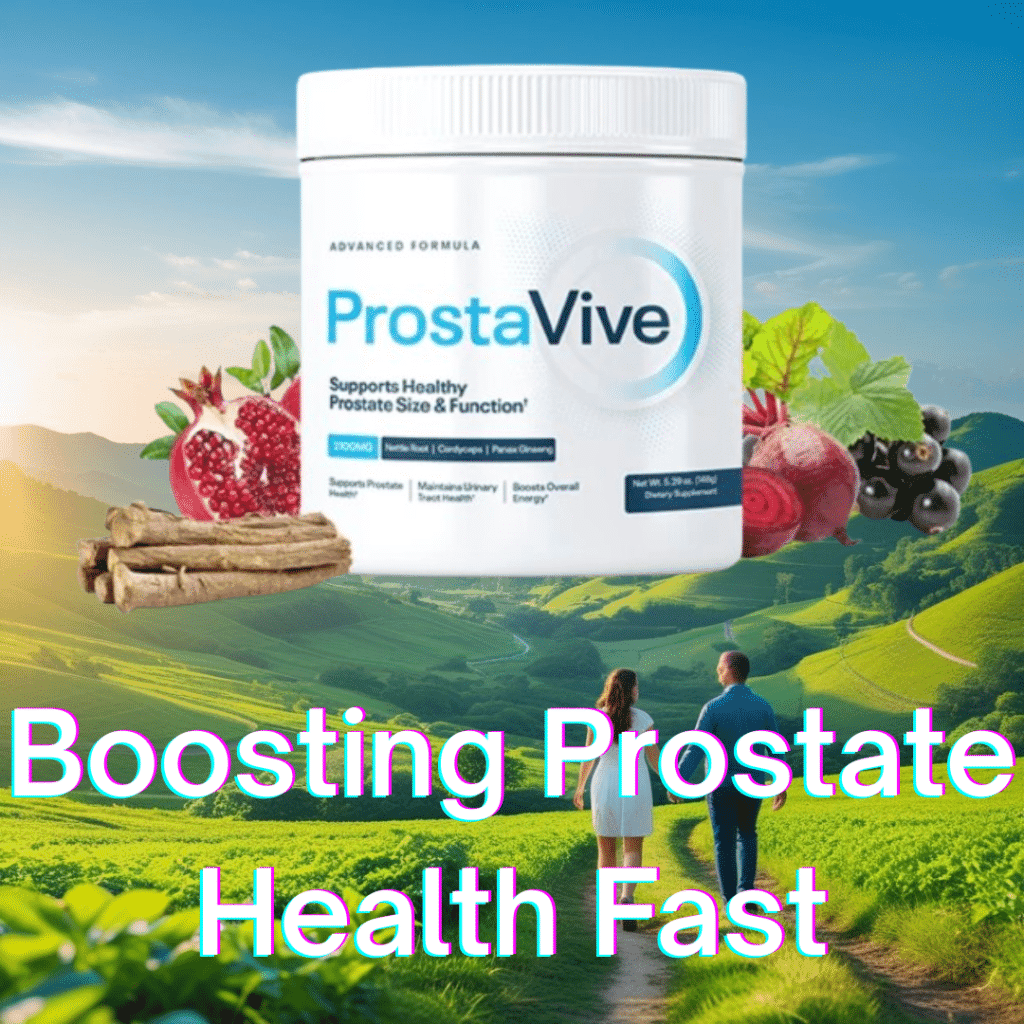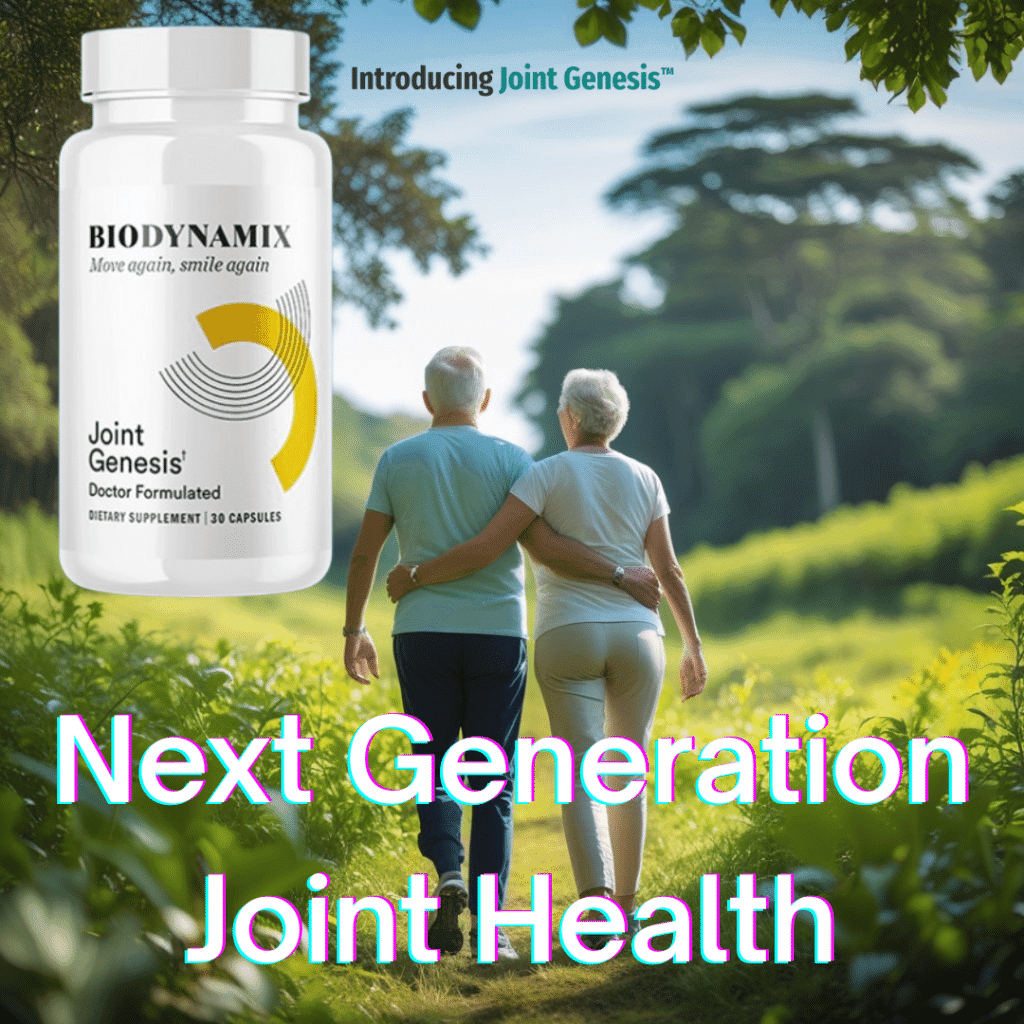A Complete Guide to the Benefits of Turmeric and Turmeric Uses
I’ve heard a lot recently about turmeric and I keep seeing it pop up on displays in the stores around me. When I was doing research last year for my mother who was newly diagnosed with cancer, turmeric was one of the topics I came across for various health benefits. My mother being diagnosed with cancer last year prompted me on this journey of alternative and addtional options for her. I was reading anything and everything that sounded even remotely promising. With that being said, I was really able to sift through information and weed out the “hype” topics and ideas and this is what has brought me to writing all these articles on Fitness-Healthy.com. Im not a doctor, but my family always jokes with me about being a google doctor, so I joke back and say that I got my PhD from google.com.
The accidental searches that came up with the word, turmeric, had peaked my curiosity and I had to know more. So, I give you a complete guide to turmeric and some neat things you probably didn’t know. You will also read about various turmeric uses.
Overview
Starting With the Basics:
Turmeric (Curcuma longa) is a plant from the ginger family. Its yellow root contains curcumin as its main active ingredient and is prescribed in the traditional naturopathy of many far eastern countries for various diseases. Numerous research results have long since confirmed the many positive properties and effects of turmeric. For example, the yellow root has a strong antioxidant and anti-inflammatory effect, promotes digestion and even has detoxifying properties. In this article I’ll go over the benefits of turmeric and possible turmeric uses.
What is Turmeric?
Turmeric (Curcuma longa) – also called turmeric – It originates from India and Southeast Asia. Turmeric requires temperatures between 20 and 30 degrees Celsius all year round and sufficient precipitation. The rhizome (the rootstock) is the part of the plant that is used.
The rhizome comes in fresh, dried and powdered applications. It is used as a spice, sometimes simply as a food color, which is why turmeric is sometimes referred to as Indian saffron.
For thousands of years turmeric has been used as a remedy in traditional Chinese medicine and Ayurveda. In recent years, numerous studies have been published which confirm what has long been known in ancient folk medicine: turmeric has many healing properties and effects.
In the vast majority of the studies presented below, the isolated active ingredient turmeric – curcumin it what was used, not the well-known spice. Just keep this in mind when reading. Taking out your spice jar and sprinkling this as your application isnt going to bring about the same benefits of turmeric. There is a specific way to use and Ill go over all that through this article!
Does Turmeric Work Better Than Medication?
Some studies suggest that in some cases turmeric could replace drugs. For example, turmeric has a similar effect to statins (cholesterol-lowering drugs), can have a similar effect on diabetes as metformin, has a blood-thinning effect and could therefore be used instead of blood-thinners and could enhance the effect of antidepressants. Turmeric can improve the flow properties of blood.
Does Turmeric Have an Anti-Inflammatory Effect?
In a 2014 study, it was found that patients who took curcumin for more than 4 weeks had falling CRP levels. A high CRP value speaks for chronic inflammatory processes in the body and is considered a precursor and risk factor for cardiovascular diseases and arteriosclerosis.
A 2015 study also showed the antioxidant and anti-inflammatory effect of curcumin. 117 participants, all suffering from metabolic syndrome, had taken 1000 mg curcumin plus 10 mg piperine or a placebo daily for 8 weeks. After the test phase, three inflammation markers had improved. The CRP values and also the malondialdehyde values sank, while the SOD values (measure for the antioxidative effect) increased.
In a further study on the subject of inflammation, the cytokine level was examined. Cytokines are messenger substances that are released during inflammatory processes and can promote the development of chronic metabolic diseases, especially if a metabolic syndrome already exists (high blood pressure, diabetes (precursor), overweight, high blood fat values). However, if the respective patients took 1000 mg of curcumin daily, the cytokine levels dropped within 8 weeks.
Does Turmeric Have an Antioxidant Effect?
Antioxidant properties also automatically lead to an anti-inflammatory effect. A 2015 meta-analysis showed that curcumin (taken for more than 6 weeks) could increase the level of the body’s own antioxidants (SOD, glutathione). At the same time, the levels of free radicals in the blood dropped among the participants.
In 2016, a study was published confirming the above results. Here, too, SOD and glutathione levels increased when the volunteers – patients with knee arthritis – took curcumin for six weeks (1500 mg daily (plus 15 mg piperine) distributed over three doses). It was concluded that these antioxidant effects were probably responsible for the soothing effect of curcumin on arthrosis.
Can Turmeric Help With Arthritis and/or Arthrosis?
In November 2014, a randomized, double-blind, placebo-controlled study was published with 40 volunteers suffering from mild to moderate knee osteoarthritis. They received 1500 mg curcumin (in three daily doses) or a placebo daily for six weeks. After six weeks, the curcumin group clearly performed better. The participants had less pain compared to the placebo group and enjoyed better mobility. No side effects were observed.
Japanese scientists wrote in 2014 that highly bioavailable curcumin in 50 patients who also suffered from knee osteoarthritis was able to significantly reduce the need for painkillers in a randomised, double-blind and placebo-controlled study. The participants had taken 180 mg water-soluble curcumin daily for 8 weeks.
Yes, turmeric or curcumin is said to have such a good analgesic effect, especially in osteoarthritis, that it can even have a similar effect to a painkiller – as a study from March 2014 showed.
In this study, 367 knee osteoarthritis patients received either 1500 mg curcumin or 1200 mg ibuprofen daily for 4 weeks. Both groups showed significant pain relief.
However, one year later a study appeared in which knee arthrosis patients showed no improvement by taking 1500 mg curcumin daily for six weeks. In the case of osteoarthritis, an experiment with curcumin can therefore be undertaken, but it should be assumed that there is not always an effect to be seen.
Can Turmeric be Taken for Diabetes?
Turmeric can have many beneficial effects on diabetes. The yellow root helps to regulate blood sugar levels, has an anti-inflammatory effect (diabetes is considered a chronic inflammatory disease) and reduces the risk of typical secondary diabetes diseases such as kidney, eye or nerve diseases.
Can Turmeric Lower Cholesterol Levels?
In a placebo-controlled study, it was found that in 100 participants the blood fat and cholesterol levels could be significantly reduced if they had taken 1000 mg curcumin (plus piperine in a ratio of 100:1) daily for 8 weeks. Curcumin can therefore be used to accompany and support cholesterol-lowering therapies.
Can Turmeric Help with Erectile Dysfunction?
I did say this was a complete guide didn’t I? First animal studies showed that curcumin could be used in erectile dysfunction instead of or together with the relevant drugs. However, the dose required by humans for this purpose is not yet known.
Can Turmeric Protect Against Strokes and Heart Attacks?
Since, as explained above, turmeric lowers cholesterol levels, has an antioxidant effect (thus preventing dangerous oxidation of cholesterol), regulates blood fat levels, helps control blood sugar, dilutes blood and protects blood vessels, and all these factors can otherwise increase the risk of stroke and heart attack, turmeric helps to protect against these adverse events.
In a study conducted in September 2018, the aim was to find out how the cardiac damage of two diabetes drugs (metformin and pioglitazone) could be reduced. The following was shown: If curcumin was given together with the diabetes drugs, the heart was better protected, so that after this study curcumin was recommended as concomitant therapy to the usual drug therapy for diabetes.
Can turmeric protect against Alzheimer’s disease?
A special feature of curcumin is that it can pass through the blood-brain barrier and therefore also shows its antioxidant and anti-inflammatory effect in the brain. It is therefore believed that turmeric can protect against neurodegenerative diseases known to be associated with oxidative stress and inflammatory reactions.
A study carried out in April 2018 reviewed the previous study situation and came to the conclusion that curcumin in any case had a certain potential to prevent or at least alleviate the pathological processes leading to Alzheimer’s disease, but whether this was sufficient to actually protect against the disease was not yet known.
A Chinese review from the same year, on the other hand, concludes that curcumin should be used for the prevention and therapy of Alzheimer’s because the scientific basis is sufficient to assume a protective effect.
Can turmeric protect against cancer?
So this was the topic that first led me to turmeric research. As I had said earlier, my mother being diagnosed with cancer last year prompted me on this journey of alternative and addtional options for her. I was reading a
On the one hand, turmeric should be able to prevent the formation of tumours, i.e. prevent cancer. On the other hand, a study indicates that turmeric can also prevent the formation of metastases in existing cancer, namely breast cancer, so that the cancer does not spread to the lungs.
Turmeric acts as a switch for special transcription factors. These transcription factors regulate all genes required for tumour formation. Turmeric simply turns off the transcription factors and stops the growth and spread of cancer cells.
Curcumin also has an anti-cancer or cell-protective effect via another mechanism. According to American scientists, it strengthens the membranes of body cells and thus increases their resistance to pathogens. It is interesting to note that only healthy cells are strengthened and stabilized, while the membranes of cancer cells became even more permeable and lost stability in the corresponding studies due to the influence of curcumin.
American researchers at Rutgers University of New Jersey reported in January 2017 that the combination of turmeric and vegetables from the cruciferous family (containing sulforaphane, for example) in their study inhibited prostate cancer growth and should therefore be regularly eaten with turmeric to treat and prevent prostate cancer, such as cauliflower or broccoli.
Can Turmeric Protect Against Severe Lung Diseases Such as Pulmonary Fibrosis?
Lung diseases are spreading more and more. The causes are often known, especially when occupational and environmental exposure (dust, air pollution, chemicals in the workplace, cigarette smoke) and special therapies or medicines (chemotherapy and radiation therapy) can be ruled out.
Initial studies (e.g. a 2010 study) tested curcumin in pulmonary fibrosis and pulmonary metastases. Curcumin was found to alleviate (in animals) lung injuries and fibrosis caused by radiation, chemotherapy and toxins. However, the cancer cells of the pulmonary metastases were not protected by curcumin, so that radiotherapy in the presence of curcumin could work even better.
Various studies also suggest that curcumin generally has a protective function in many other respiratory diseases, such as chronic obstructive pulmonary disease (COPD), acute respiratory distress syndrome (ARDS), acute inflammatory lung disease (ALI) and allergic asthma.
The mechanism of action can probably be explained again by the strong anti-inflammatory and antioxidative potential of curcumin, which can alter important inflammatory signalling pathways in such a way that the massive inflammations in the airways are attenuated.
How Does Turmeric Affect the Intestines?
Also in the Molecular Nutritional and Food Research a study was presented according to which intestinal inflammations could be completely prevented if the test persons (mice) had taken curcumin five days before the appearance of an intestinal damaging factor.
The researchers involved confirmed that curcumin exerts this protective effect due to its antioxidant effect. In addition, curcumin is able to suppress the activation of NFkappaB, a cellular regulator molecule. Active NFkappaB is considered critical for the development of inflammation.
Can Turmeric Help With Macular Degeneration or Other Eye Diseases?
According to a February 2018 review, curcumin has been able to delay and in some cases reverse the development of age-related macular degeneration. Other eye diseases such as diabetic retinopathy or even retinal cancer (cancer of the retina) could also be treated with curcumin.
Can Turmeric Be Used in Dental Care?
In their home countries, turmeric is also regularly used in dentistry. The yellow powder is said to relieve swelling in the mouth, have a beneficial effect on the oral flora and even reduce the risk of tooth decay.
Since turmeric can also support detoxification, it can also be used to accompany mercury drainage after filling removal.
Can Turmeric Be Used For Detoxification?
A 2010 study showed that turmeric can be taken while mercury is being excreted to support detoxification. On the one hand, curcumin reduces the oxidative stress that mercury causes in the body. On the other hand – according to the study results published in the Journal of Applied Toxicology – the administration of curcumin leads to a reduced mercury concentration in the tissue and additionally to improved liver and kidney values, which means that the organs of detoxification are protected.
An experiment with rats showed a protective effect of curcumin in liver damage caused by mercury.
Can Turmeric Have Side Effects?
Even in very high doses there are no side effects after curcuma intake. With regard to pure curcumin, many studies were conducted with daily doses of 1500 mg. Here, too, no side effects were observed.
A recent review in 2018 confirmed the safety of curcumin.
Not even in a daily dose of 6 grams for 4 to 7 weeks did curcumin cause unwanted side effects – except for occasional gastrointestinal complaints.
I did find, however, that turmeric should only be taken with caution if you have history or current gallstones. If you currently are taking medication, depending on what, it could increase the effect of some drugs (e.g. diabetes drugs, blood thinners, etc.) and that it is therefore best to discuss a therapeutic use of turmeric or curcumin with a doctor or alternative practitioner in the presence of a chronic disease or if medication must be taken. Thats pretty much the standard with any type of supplement no matter how natural, its always “consult with your doctor first.” Initial studies indicate that taking 500 mg twice a day for 30 days is safe.
Can Turmeric Be Taken During Pregnancy?
Food and drinks seasoned with turmeric can also be enjoyed during pregnancy. The effects of isolated and high-dose curcumin on pregnant women are not known due to a lack of appropriate studies. This is always a tough catagory as you wont find pregnat volunters to try things that are not proven 100% safe, which is understandable. In pregnant animals there have been no problems with curcumin intake so far.
What Dietary Supplements Are Available With Turmeric or Curcumin?
Turmeric is now also available as a dietary supplement in capsule form. The capsules can either contain turmeric powder or an extract that contains particularly high amounts of turmeric, the main active ingredient in turmeric.
So-called micellar curcumin is also available, a very special dietary supplement for which the actually fat-soluble curcumin was converted into a water-soluble form. The bioavailability is said to be many times higher than that of “normal” curcumin or turmeric.
Does Curcumin Work Better Than Turmeric?
It is usually assumed that the isolated and highly concentrated extracts of a substance have a better effect than the original raw material. For example, it is believed that isolated and higher doses of vitamin C have a better effect than consumption of an orange.
As far as turmeric is concerned, the isolated and highly dosed curcumin is also said to be more effective than turmeric powder or fresh turmeric root. Finally, most turmeric studies were carried out with curcumin, not with turmeric.
How Can the Bioavailability of Turmeric Be Increased?
Curcumin is not water-soluble, which is why turmeric should always be consumed with a little fat. The bioavailability and thus the effect of curcumin can also be increased many times over if it is taken together with piperine, an active ingredient made from black pepper.
If you want to take turmeric as a dietary supplement, it is usually offered in combination with piperine. Simply take the capsules with a meal that contains some fat.
What Should I Look Out For When Buying Turmeric?
Turmeric is available almost everywhere as a ground spice. The fresh root is also increasingly available on the market. It is best to use organic turmeric, as conventionally produced and processed spices are often irradiated or otherwise treated.
Curry also contains turmeric, but the percentage is rather low, so it is better to choose pure turmeric powder.
How Can Turmeric Be Used In the Kitchen?
Turmeric goes well with almost all dishes, even in fruit salads. The yellow root harmonises particularly well with rice, potato and vegetable dishes, soups, pancakes, spreads and bread or roll recipes.
Turmeric can also be stirred in hot water as turmeric tea, enjoyed in smoothies or golden milk, or in the Budwig diet in the morning curd linseed oil combination.
Even in cakes and tarts turmeric tastes wonderful, for example in a golden milk cake or the raw delicious turmeric blueberry cake.
It is best to experiment for yourself and always add some turmeric to your favorite recipes.










